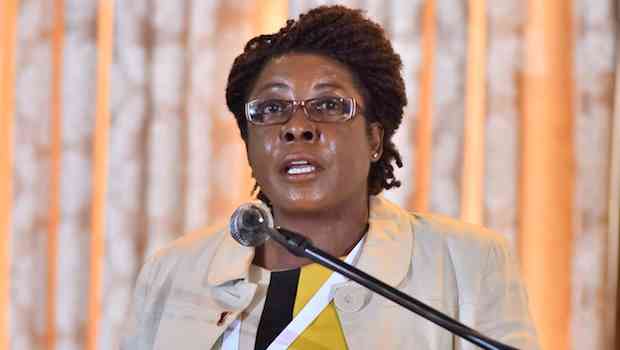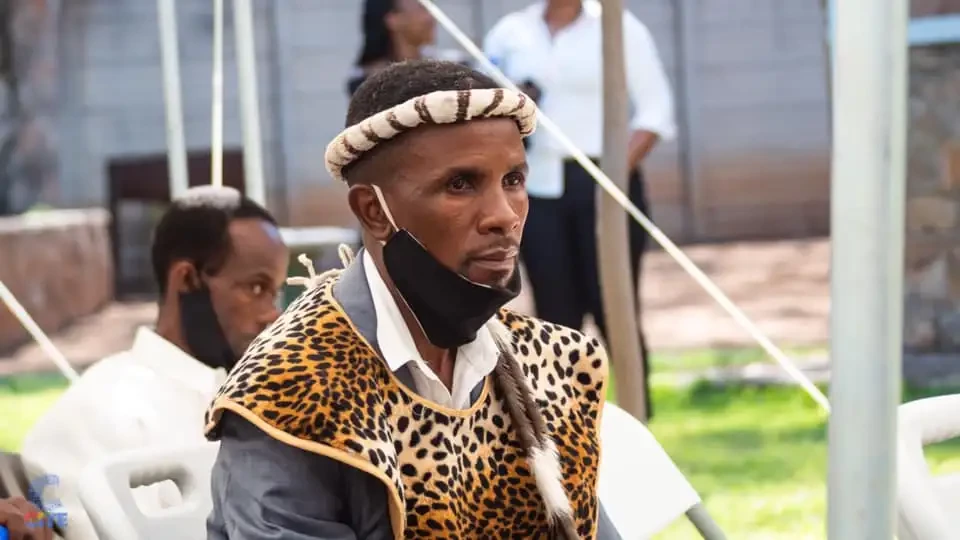
THE United Nations Development Programme Zimbabwe (UNDP) recently launched the Human Development Report 2023-24 in Harare, indicating that advancements in gender equality were sluggish, NewsDay can report.
According to the UNDP report, the average women’s 2022 Human Development Index (HDI) is 4,9%, lower than the men’s 2022 HDI average globally.
Notably, the report also states that gender disparities were widening, characterised by underpayment of women in comparison to their male counterparts.
“Worldwide, the gender gap in education on average is 9,7%, but the gap is disproportionately large in income persisting at 43,2%. Standard policies for gender equality based on education are not working as expected,” the report read.
“Data in the report confirms that advances in closing gender gaps in education are not necessarily associated with closing gender gaps in economic empowerment.
“In 62 countries, adult women are more educated than adult men, in those same countries. The income gender gap on average is 37,6%.”
Speaking at the event, Securico Security Services founder and managing director Devine Ndhlukula said it was imperative to address the gender gap.
“Indeed, the presentations which obviously came out of the report are clearly indicating that there is increased pluralisation, which is the division between the different societies, between men and women.
- Zim’s gender gap widening: UNDP
Keep Reading
“There are inequalities between the incomes, where women are earning less than themselves, men are earning more than what they should be earning. Part of the money that is coming to them is coming from another woman,” she said.
Ndhlukula said in a study conducted by her security firm, less than 2% of women in business were getting tenders.
“We did a study some four years ago, around 2018, we did a study to see where women are placed in terms of supply chains in corporates and in government and it indicated that less than 2% is what ... (women are getting).”
To address the challenge, Ndhlukula said her company, in collaboration with several co-operatives, had started an initiative called Women Own the Business Trust.
It is meant to support women.
“I can tell you that of the people that I work with in my business, the women, almost 90% of them are the ones that lead their families. They are the ones that provide.”
The programme will run for three years.
Under the initiative, measures have been put in place to increase the number of women eligible to be awarded tenders.










